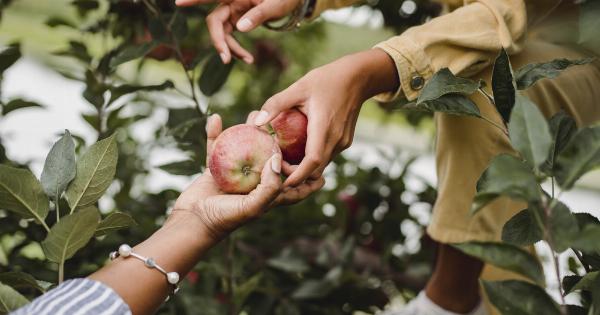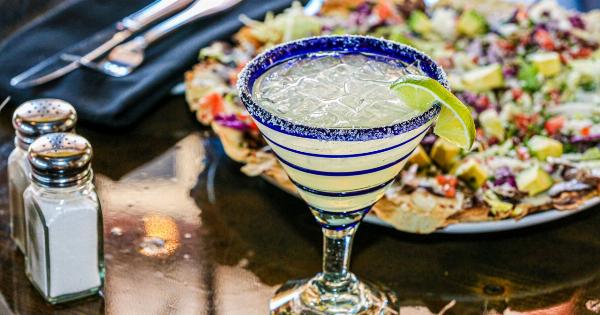Properly hydrated skin is crucial for maintaining healthy, youthful-looking skin. While drinking plenty of water is essential for hydration, you can also boost your skin’s moisture levels by incorporating certain foods into your diet.
These moisturizing foods contain high levels of water, vitamins, and antioxidants that help keep your skin supple and radiant. So, if you’re looking to improve your skin’s hydration from the inside out, here are some of the best moisturizing foods to add to your daily meals:.
1. Cucumbers
Cucumbers are a refreshing and hydrating snack choice. With more than 90% water content, cucumbers not only provide excellent hydration but also replenish essential minerals like magnesium, potassium, and silica.
Silica, in particular, promotes collagen production, leading to more youthful-looking skin.
2. Watermelon
As the name suggests, watermelon is packed with water – approximately 92% of its composition. Additionally, it contains lycopene, a powerful antioxidant known to protect the skin against free radicals.
Enjoy this juicy fruit on its own or as a part of a tasty fruit salad to boost your skin’s moisture levels.
3. Strawberries
Strawberries are not only delicious but also highly beneficial for your skin’s hydration. Rich in vitamins A and C, strawberries help in collagen production and brighten the skin.
Moreover, they contain ellagic acid, which helps protect against UV damage.
4. Avocado
Avocado is a superfood loaded with healthy fats and vitamins that nourish and moisturize the skin. With its high oleic acid content, avocado helps keep the skin moisturized and reduces inflammation.
The vitamin E present in avocados acts as an antioxidant, protecting the skin from oxidative stress.
5. Spinach
Dark leafy greens like spinach are excellent for hydration, thanks to their high water content. Spinach is also rich in vitamins A and C, which play a vital role in maintaining skin health.
These vitamins help repair damaged skin cells, providing a youthful and moisturized complexion.
6. Coconut Water
Coconut water is a refreshing and hydrating beverage that can improve your skin’s moisture levels. Packed with electrolytes, minerals, and antioxidants, coconut water not only quenches your thirst but also promotes radiant and supple skin.
7. Tomatoes
Tomatoes are a versatile ingredient that offers numerous skin benefits. They are rich in water, vitamins, and antioxidants that help moisturize the skin and protect it from cellular damage.
The high lycopene content in tomatoes also contributes to a healthy skin tone.
8. Walnuts
Walnuts are a great source of essential fatty acids, particularly omega-3 fats. These healthy fats promote skin elasticity and moisture retention, keeping your skin hydrated and reducing the appearance of fine lines and wrinkles.
9. Greek Yogurt
Greek yogurt is a protein-packed food that also contains high amounts of water. It is also rich in vitamins and minerals like vitamin B12 and calcium, which contribute to healthy skin.
Additionally, the probiotics present in Greek yogurt help maintain gut health, which can indirectly improve skin condition.
10. Bell Peppers
Bell peppers, especially the red ones, are not only vibrant and flavorful but also hydrating. These peppers are an excellent source of vitamins A, C, and E, which help in collagen production and protect the skin from environmental damage.
Remember, while incorporating these hydrating foods into your diet is beneficial, it is essential to maintain a balanced and varied diet for overall well-being and healthy skin.
Pairing these foods with a skincare routine that includes moisturizers, sunscreen, and gentle cleansing is also crucial for optimal skin health.






























